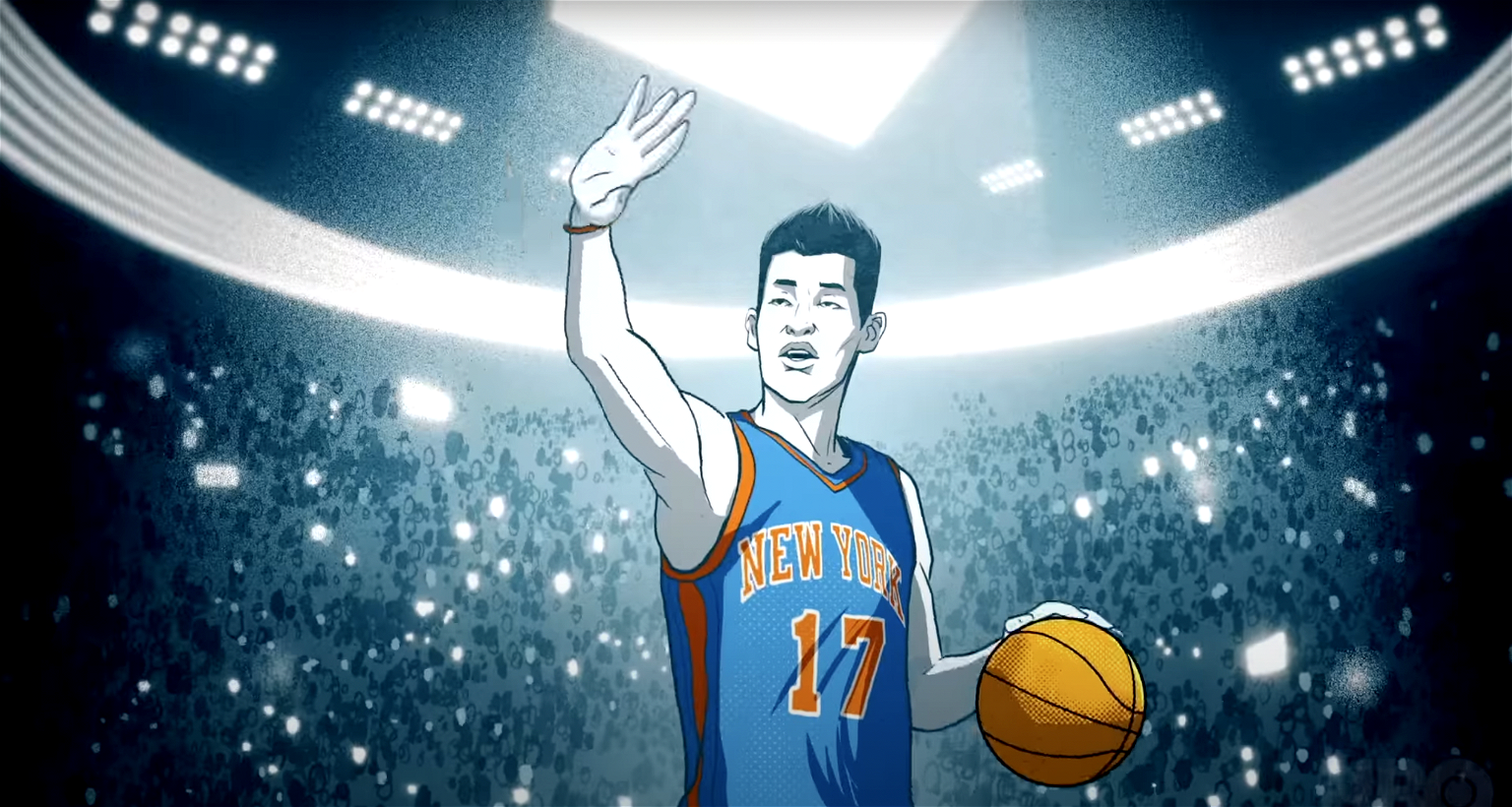’38 at the Garden’: Frank Chi exposes Asian stereotypes and generational trauma in new ‘Linsanity’ documentary


By William Yuk
October 2, 2022
Conflated together yet culturally fragmented, oppressed and rarely acknowledged as so, the AAPI experience can be a frustratingly punishing play on paradoxes. For political strategist and designer-turned-director Frank Chi, the conflict of his career is a similar situation that constrains Asian creatives and dreamers everywhere.
“When you’re an Asian American storyteller, you’re told two things at the same time, and they’re in direct conflict with each other,” Chi tells NextShark. “The first is that as a storyteller, tell the most personal story you have because that’s the one you know the best. And then the other is that you’re Asian American, your story doesn’t matter.”
A designer by trade, Chi started his career in politics, carefully crafting campaigns celebrating prominent modern sociocultural figures and movements such as “Langston Hughes in Our Time,” a series that links the works of the famed poet to contemporary social movements. His most celebrated work was the viral “Notorious RBG” campaign, which not only paid tribute to the famed Supreme Court Justice, but was also featured in the New York Times bestseller “Notorious RBG: The Life and Times of Ruth Bader Ginsburg” and the Oscar-nominated film “RBG.” While he enjoyed amplifying the stories of others, Chi felt frustrated that he was rarely given the opportunity to use the platform for his own stories and those of the broader Asian community.
“I initially got into politics as an act of belonging. I felt like Obama gave me a sense of belonging in this country for the first time, but I was always telling other people’s stories,” Chi shares. “Every single Asian American project I ever did I had to drag with my bare hands.”
Yet Chi recognized the transformative and stereotype-shattering capabilities of film, citing the 2002 sports dramedy “Bend it Like Beckham” as “the most important movie of [his] life.”
“‘Bend it Like Beckham’ is about a soccer player breaking her family’s rules to play soccer and then she gets a soccer scholarship,” says Chi. “That movie came out 20 years ago. I was 18 when it came out. And it was so important to me, right? But it’s been 20 years. So it has missed a lot of eyes since.”
With his film “38 at the Garden,” which celebrates the climax of Jeremy Lin’s iconic stint with the New York Knicks, Chi hopes to inspire audience members to pursue their dreams in the same way “Bend it like Beckham” inspired him to stray from the trifecta of lawyer, doctor and CEO to follow his own passions, which blossomed into a thriving career in the arts.
“Jeremy’s actual story is like ‘Bend it Like Beckham’ on steroids,” says Chi. “It’s those kinds of stories that once you have the opportunity to actually tell them, they mean so much to folks because it is something that we’ve always aspired to. We want somebody who shattered that ceiling.”
Chi stresses that his film doesn’t exclusively aim to tell Lin’s story; rather, it uses the athlete’s journey as a means to expose the stereotypes and customs constraining members of the Asian diaspora.
“It’s really important to remember that – and Jeremy is the first person to say this, we don’t want the story to be about him,” Chi notes. “At the end of the day, the story is about what it meant for us to be a whole bunch of Jeremy Lins to break right through the wall. And Jeremy’s is the vehicle.”
The film develops this core theme through a wide range of mediums, for which Chi credits a team of creatives who shared his vision. Among them include Miguel Hernandez, an animator responsible for providing the film with vibrant animation segments to bring some of the most important junctions of Lin’s journey that were never recorded to life, as well as Jina An, the composer responsible for crafting the film’s kinetic soundscapes that Chi considers “genius.”
“One of the most amazing parts of [filmmaking] is trusting people,” says Chi. “My job is to have the best interviews possible and to have the best story framework right there and then to execute it with an editor when everything’s shot. I can’t sit there and actually worry about everything else. But I know what I like, and I picked the folks who I know I love their work and I love their perspective.”
“I look into my eyes and my [interviewees] and I see so many broken dreams. They’re looking at me, and they’ll say something like, ‘I didn’t have to work at Deloitte?’” says Chi. “We hear people laugh like they did [watching the film], and they know exactly what it means. Not everybody has to have a big dream about being a basketball star or doing something creative, but I think it’s really important for people to know that that’s an option. I think our tone allows people to really understand that.”
In addition to deconstructing systems of prejudice, the film also confronts how dynamics of the immigrant experience constrain young Asian dreamers.
“We make this point pretty clear in the movie, which is, our parents want the best for us, and they see a limited set of possibilities… when there is an immigrant experience involved. That unrooting and putting roots in your new country, it prioritizes stability,” says Chi. “When you’re a kid and you just want to play a game and you want to do what you feel like, I hope movies like this one will give people the sense that it’s possible.”
Chi hopes that his film will present an option to those looking to heal generational trauma caused by cultural differences between older and younger members of the Asian diaspora.
“Unless you want to have a therapist, you’re going to have to go through humor. As a conversation, even when they get older, people try to avoid it, but I think it’s important for us to talk about this,” says Chi. “If you have a relationship with your parents that you feel like you need to mend because of how you were raised, I feel like something like this is the easiest way for you.”
But Chi emphasizes that the film’s celebration of dreams in the face of external doubts transcends AAPI cultures and traditions and will touch audience members from all walks of life.
“I think that cathartic experience in that release is something a lot of people can relate to, and I’m glad that that’s the case,” says Chi. “It’s going to mean something different for everybody, but I think if you just feel different in this country at all, the movie will resonate with you.”
“38 at the Garden” debuts Oct. 11 on HBO and HBO Max.
Featured Image via HBO
Share this Article
Share this Article